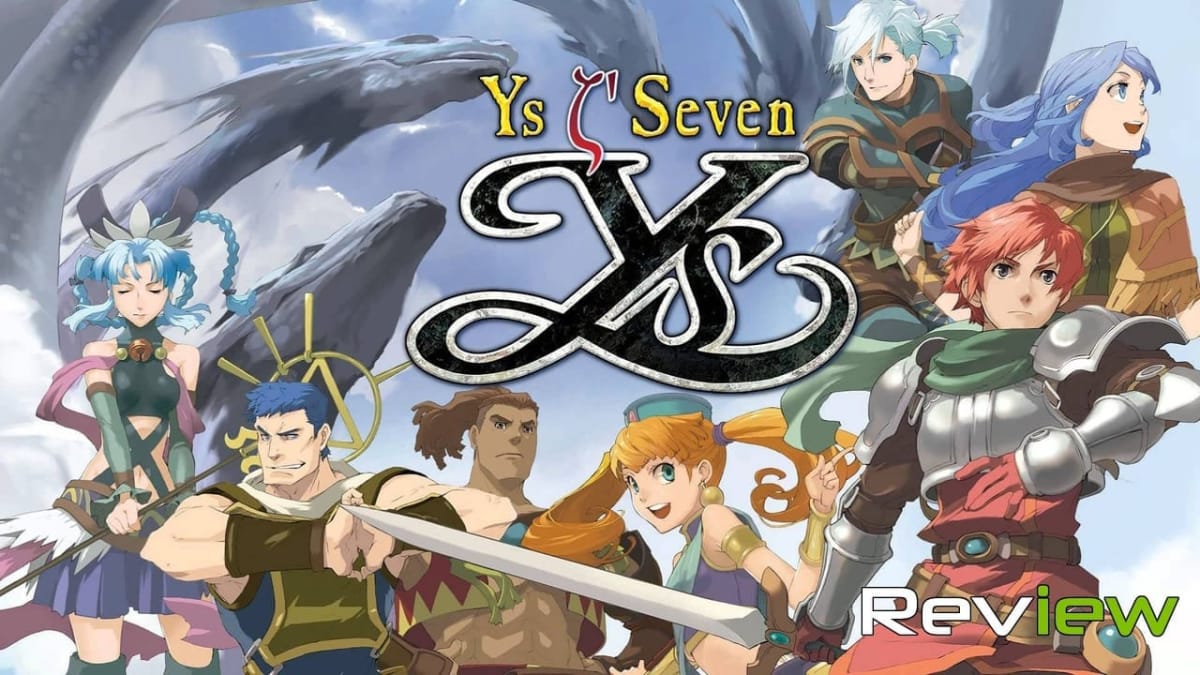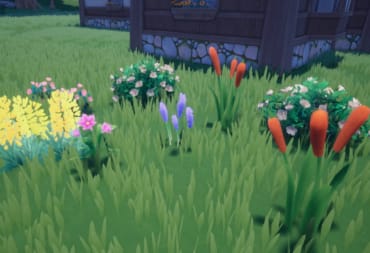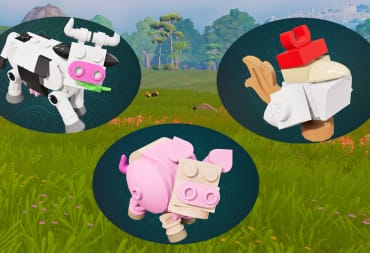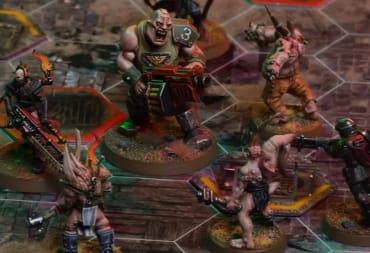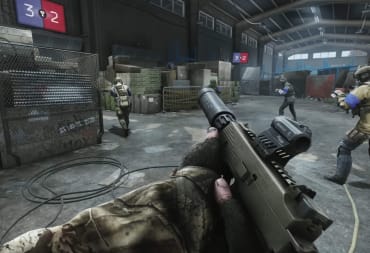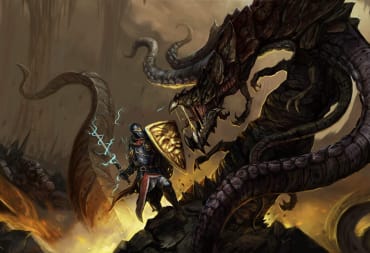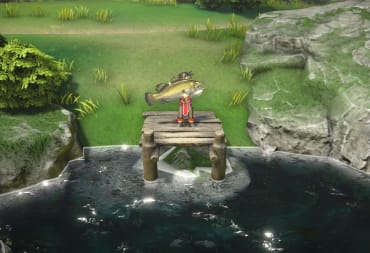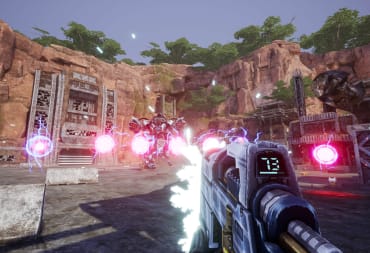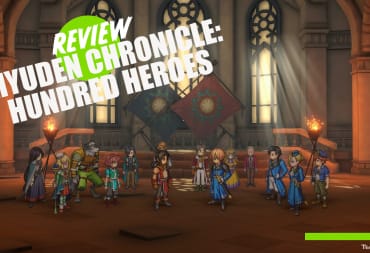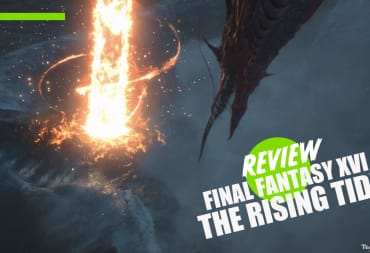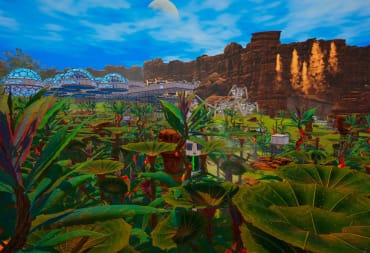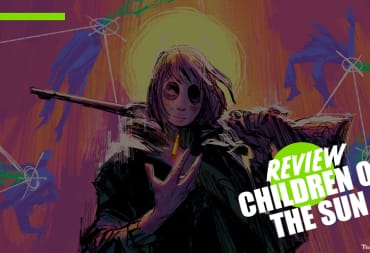XSEED Games originally released Ys Seven (the first of their Nihon Falcom translations) all the way back in 2010. Back then, the company was more or less the only localization studio willing to touch the likes of Ys, The Legend of Heroes, and more from Falcom's catalog. While things have definitely changed in recent months, XSEED continues to release Falcom titles. Most recently, the company contracted out a PC port for Ys Seven. We went hands-on with the game, to let you know if it's both a good port, and whether the game itself is still worth playing with Ys VIII launching so soon in the west.
If you're not already familiar with the Ys series, the games (with one exception) tasks players with controlling "Adventurer" Adol Christin as he explores a certain country or locale in the world, gets himself dragged into the local legends and inevitably beating back a tragedy that seems set to challenge the world as a whole. Ys hasn't really ever been a series where story is the reason you'd want to play it. While there is continuity, and players will recognize characters from previous games showing up again - you're not missing much more than references no matter where you decide to pick the series up. Ys Seven is for the most part no different, and while there is a higher emphasis on the story here - neither it nor the majority of characters are very memorable.
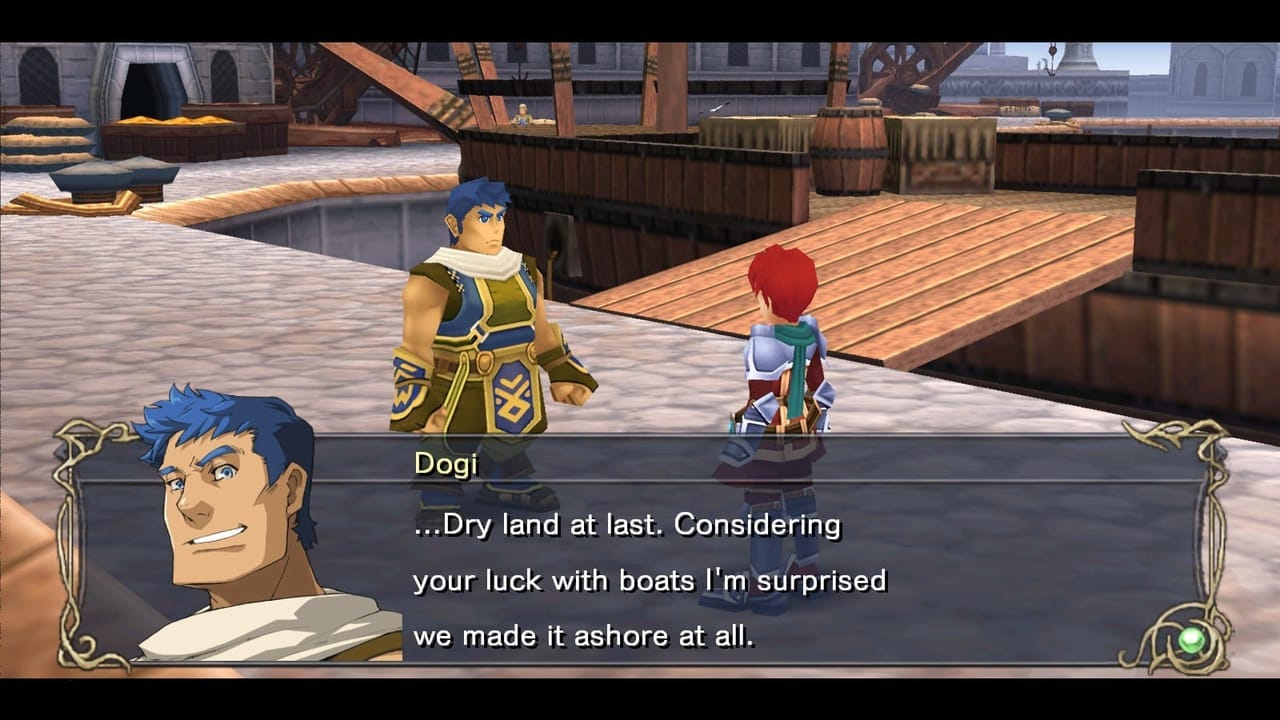
No, the reason you'd want to play Ys is for the fantastic music, the crazy boss fights, and the fast-paced combat. Something that Ys Seven more than delivers. Both the music and boss fights are as high-octane as ever, but players new and old to the series on PC might not be familiar with Ys Seven's "new" party system. Previously, whenever Adol embarked on an adventure, he'd be fighting his battles alone. With Ys Seven, players control a team of three, swapping the playable character depending on what attributes an enemy is weak to. Each character has an attack attribute (Slash, Strike, and Pierce) and different enemies have different weaknesses and resistances corresponding to them. In other words, you can't just bash everything with a sword and you might need to call in help to smash a hard-shelled enemy or ground a flying one.
Besides the nuances of the party system, Ys Seven's gameplay features a number of changes from the "Ark of Napishtim" style that the series used previously. Players can no longer jump, magic is gone from combat, and players now have access to a dodge and a block. In fact, if you can time a block just right you can gain a boost to your attack for a few seconds. Players can gain specific skills from weapons which are basically stronger special attacks that require a certain amount of "SP" to shoot off. Similarly to Xanadu Next, by using these skills enough you can keep them equipped even when the corresponding weapon is gone. Finally, players have access to an "Extra" Skill that deals loads of damage, but can only be used when it's fully charged.
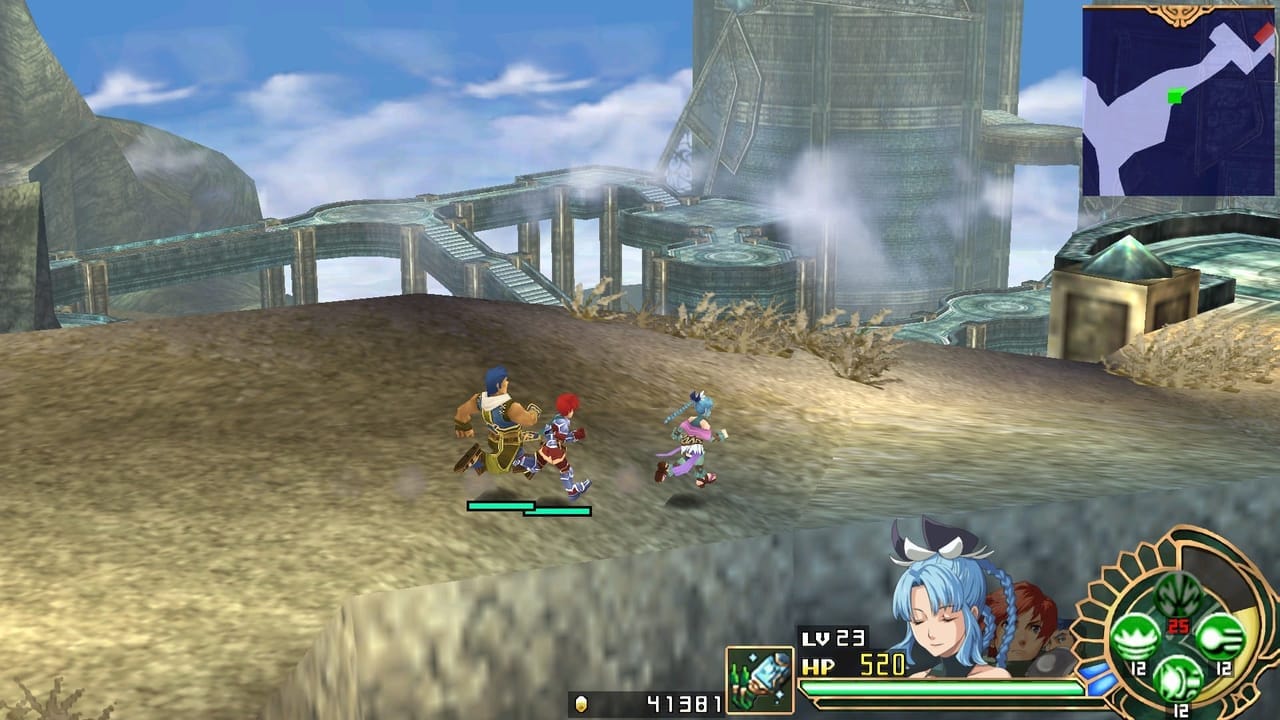
What you're left with is a game that sports a similar concept to Ys games from the past while feeling decidedly different. Dungeons don't feel quite as interesting compared to the ones in Ys: Oath in Felghana or Ys: Origin (the lack of a jump is the major factor here), but they're still a blast to go through, and Falcom did a great job giving environments a sense of scale despite the game originally being a PSP title. The game's first major dungeon is definitely the standout, but I found myself impressed with how well these environments held up while transitioning to the "big screen".
The combat, while different, stands out in its own way. At times, gameplay might feel too easy even on the highest difficulty once you learn how to "flash guard", but even then you always have to be on your toes. Learning when to start your guard for each attack means that you're still forcing yourself to watch each enemy's tells and react to them. Each party member's different combat styles and unique skills make them feel distinct (with a few notable exceptions), so having the option of using a very different party configuration at any time does mean that the combat should stay interesting even if I never really got bored of using Adol as my main fighter.
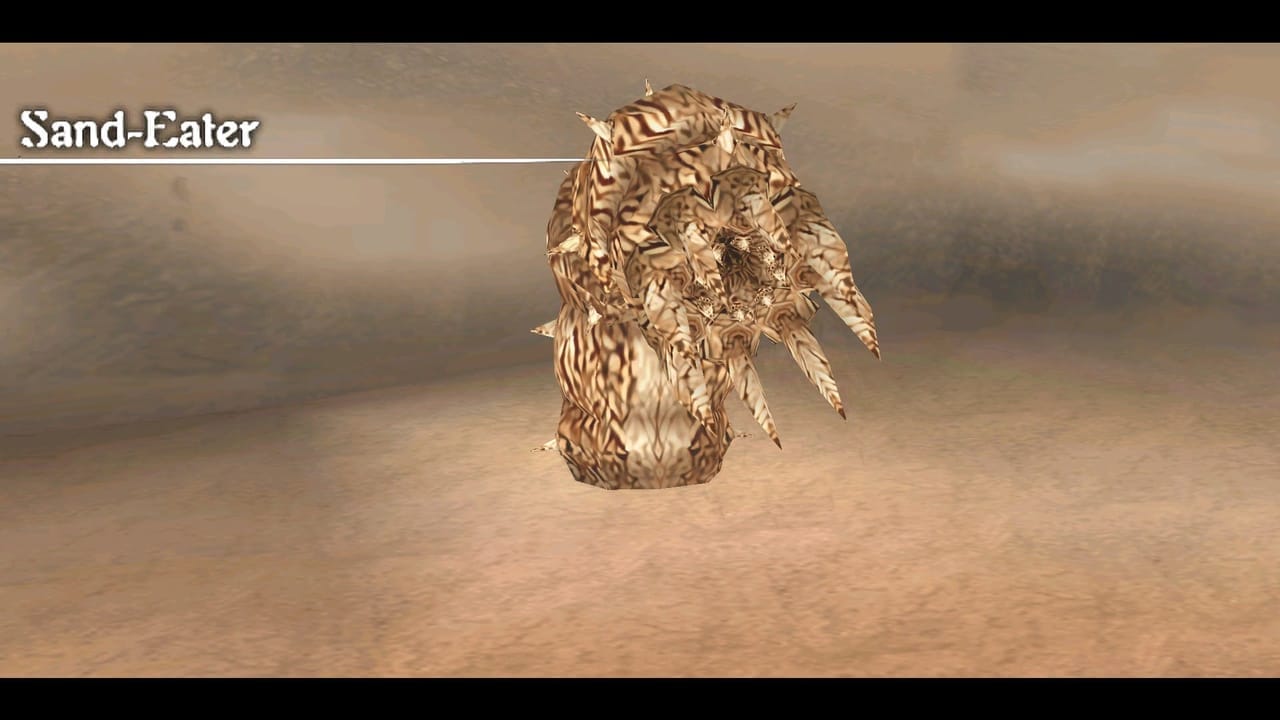
While the game itself is great, that leaves the question of how well the PC port stacks up. The game's minimum specs initially had me worried, considering the game ran on a handheld from 2004. Thankfully, after testing the port on three separate systems, I can say that you should have little to no issues running the game at near max settings at 60FPS even if your computer is just below the minimum specs. Visuals, while improved, don't really do enough to mask the fact that this was originally a PSP game (character models are the biggest giveaway), but the sense of scale in some dungeons holds up surprisingly well considering the games' initial platform. It's just worth noting that in many ways the other Ys games on PC (with the exception of Ys: Chronicles+) look markedly better. It's also worth noting that apparently some parts of the original PSP translation were updated in this release, but I can't point to exactly what changed.
I'm not completely sure if Ys Seven is the title I'd recommend to newcomers of the series, especially with Ys VIII right around the corner, but you could definitely do worse than starting here. Ys Seven might not be my favorite Ys title, but it's undoubtedly worth playing, and this PC version is the best way to do it.
Our Ys Seven review was conducted on PC via Steam with a review copy provided by the publisher. This rerelease is also available DRM-Free via GOG.
Review Summary
Ys Seven holds up in the conversion from PSP to PC, and stands out as the new best way to play an already great game.
(Review Policy)Pros
- Combat is Fast Paced and Fluid
- Awesome Soundtrack
Cons
- Uninteresting Characters and Story
- Dated Graphics
Have a tip, or want to point out something we missed? Leave a Comment or e-mail us at tips@techraptor.net
